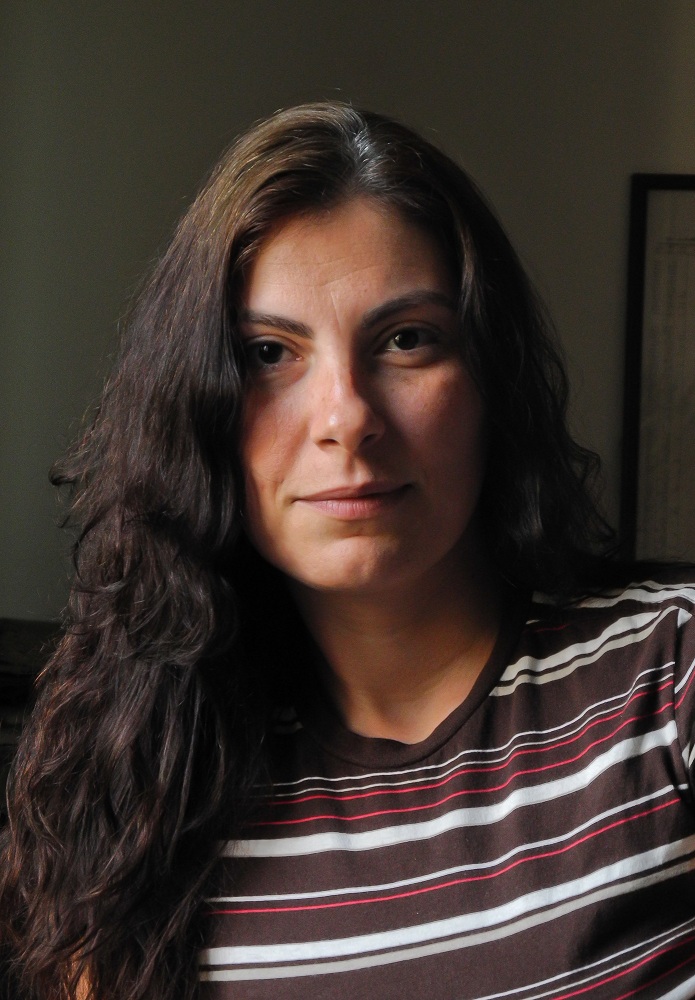By Oxford Business Group
CAIRO: Legal wrangling over a new pricing plan for Egypt’s pharmaceuticals has not dampened confidence in the sector, with rising domestic demand expected to ensure robust profits over the next decade.
The Ministry of Health last year introduced a new drug-pricing regime under which brand-named drugs were priced 10 percent lower than the cheapest rates in other countries, while generic drugs were priced between 40-70 percent of the rates for corresponding brand-named pharmaceuticals.
While the ministry insisted that the reform would lower costs for Egyptian consumers, a non-governmental organization called the Egyptian Initiative for Personal Rights said that the changes were unconstitutional as would they would raise prices and deprive Egyptians of their right to healthcare.
In April 2010, Cairo’s administrative court issued an injunction suspending the decree’s implementation until the question of its constitutionality was resolved. The ministry sought to have that injunction overturned, but the courts upheld it in a ruling this past September. The Supreme Administrative Court is deliberating on the case in December.
Industry observers say that, aside from pricing, the reforms promise easier registration procedures. “Nobody was happy with the old system because it lacked transparency. If you wanted a good price you needed a good lawyer,” Ahmed Al Hakim, market access director for Bristol Meyers Squibb, told the local media.
Hakim said that under the new regulations there are clearer procedures and criteria so that firms can anticipate the prices of registered drugs. With the new rules in place, pharmaceutical firms hope to bring drugs to the market faster — and in greater numbers.
The reform also promises to improve the quality and competitiveness of Egyptian-made pharmaceuticals by encouraging adherence to international standards. Generic drug manufacturers that have certification from internationally recognized regulatory agencies will be allowed to charge 70 percent of the brand-name price, rather than a lower rate, and manufacturers who do not obtain certification by 2020 will be forced to cease production.
By getting its factories up to international standards, the ministry expects to increase exports. The industry exported LE 3.5 billion ($604 million) in 2009 and hopes to raise that figure to LE 5.7 billion ($983 million) by 2015.
Meanwhile, the government is to confront the counterfeit drug trade, which is estimated to be worth some LE 1 billion ($172.4 million) annually. Up to 10 percent of the medicines on pharmacy shelves are fake, according to the health ministry, and the problem is not purely domestic — Egypt is a hub for the transit of counterfeit pharmaceuticals.
Ihab Youssef, a pharmaceutical industry consultant, told Business Today Egypt in April that 7 percent of the world’s counterfeit drugs are either made in or pass through Egypt en route to their destination.
To combat this problem the government has partnered with multinational pharmaceutical companies Pfizer, GlaxoSmithKline, and Sanovi-Aventis to educate the public about counterfeit drugs’ dangers and to train pharmaceutical inspectors in the latest and most efficient techniques for identifying them.
Egypt has also partnered with the United States Pharmcopeial Convention as well as the governments of Abu Dhabi, Jordan, Morocco, Saudi Arabia and Tunisia, to establish the MENA Regional Laboratory Network, which will coordinate efforts at eliminating the regional counterfeit drug trade. Meanwhile, the ministry is thinking about amending the country’s pharmaceuticals laws — which date to 1955 — toughening penalties for counterfeiters, most of whom are currently tried under laws governing fraud.
While the dispute over the new pricing plan is significant, it should not obscure the sector’s sound fundamentals and bright prospects. The Egyptian International Pharmaceuticals Industries Company reported a 14 percent rise in profits over the first three quarters of 2010. Meanwhile, BMI released a report in November which predicted that the industry would be worth $4.47 billion by 2014, an 8.39 percent compound annual growth rate.
“Domestic demand will form the driver for sales growth … Although the rate will slow to 7.96 percent in the 2009-2019 period under pressure from higher generics usage, pricing reforms, lower inflation and patent expirations, Egypt will continue to be viewed as a promising pharmaceutical market as well as a foreign direct investment (FDI) destination” said BMI.


